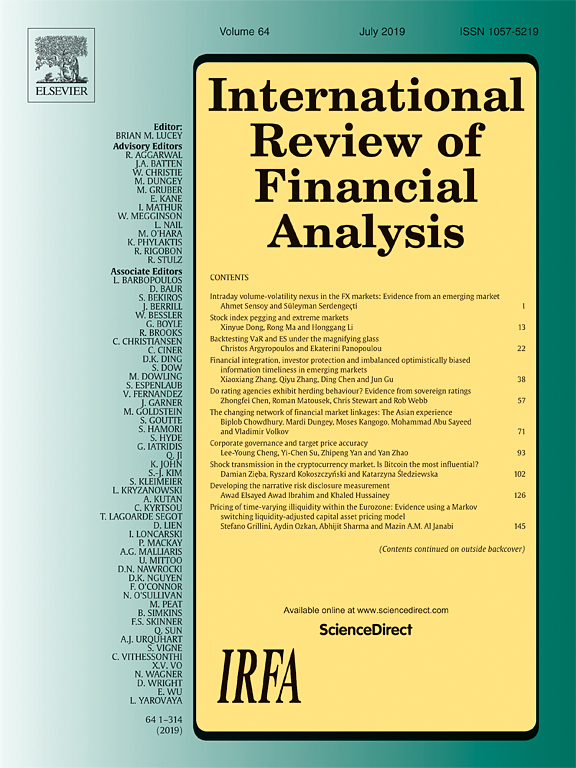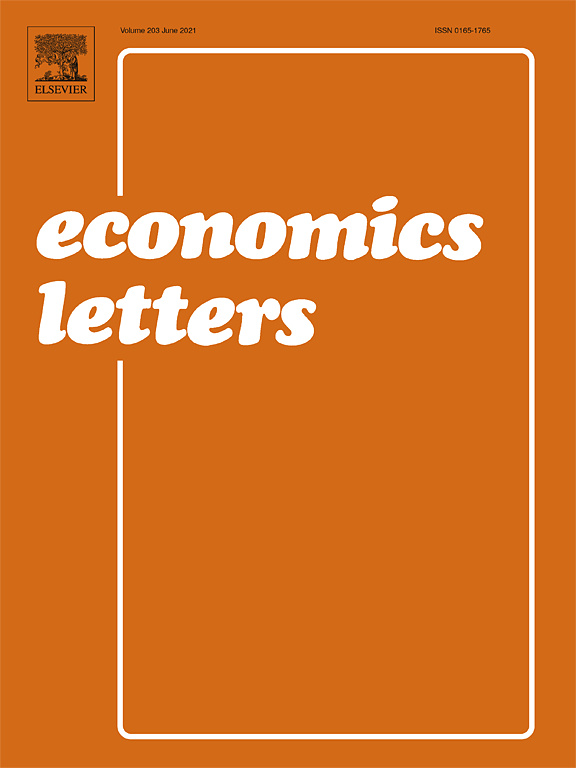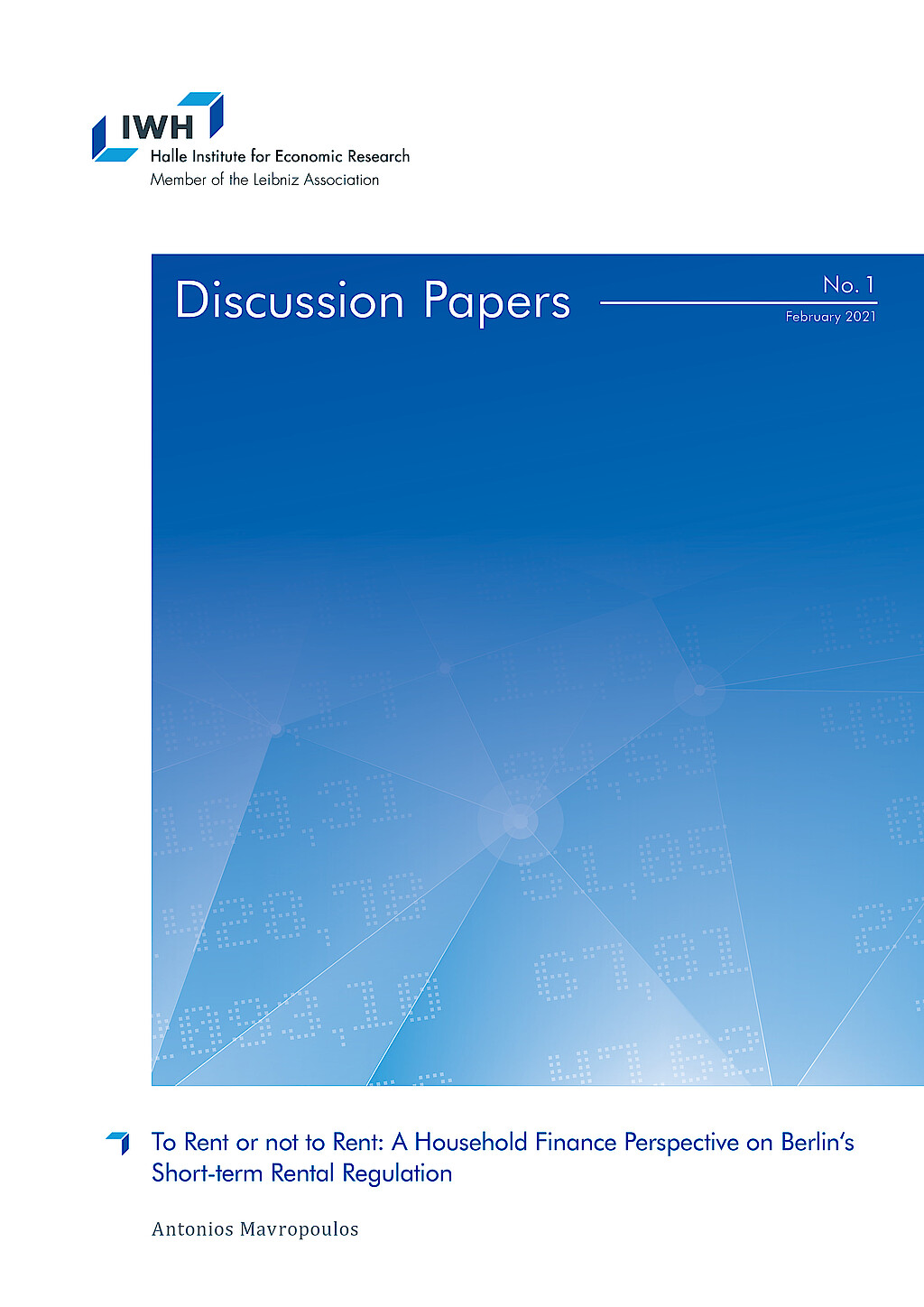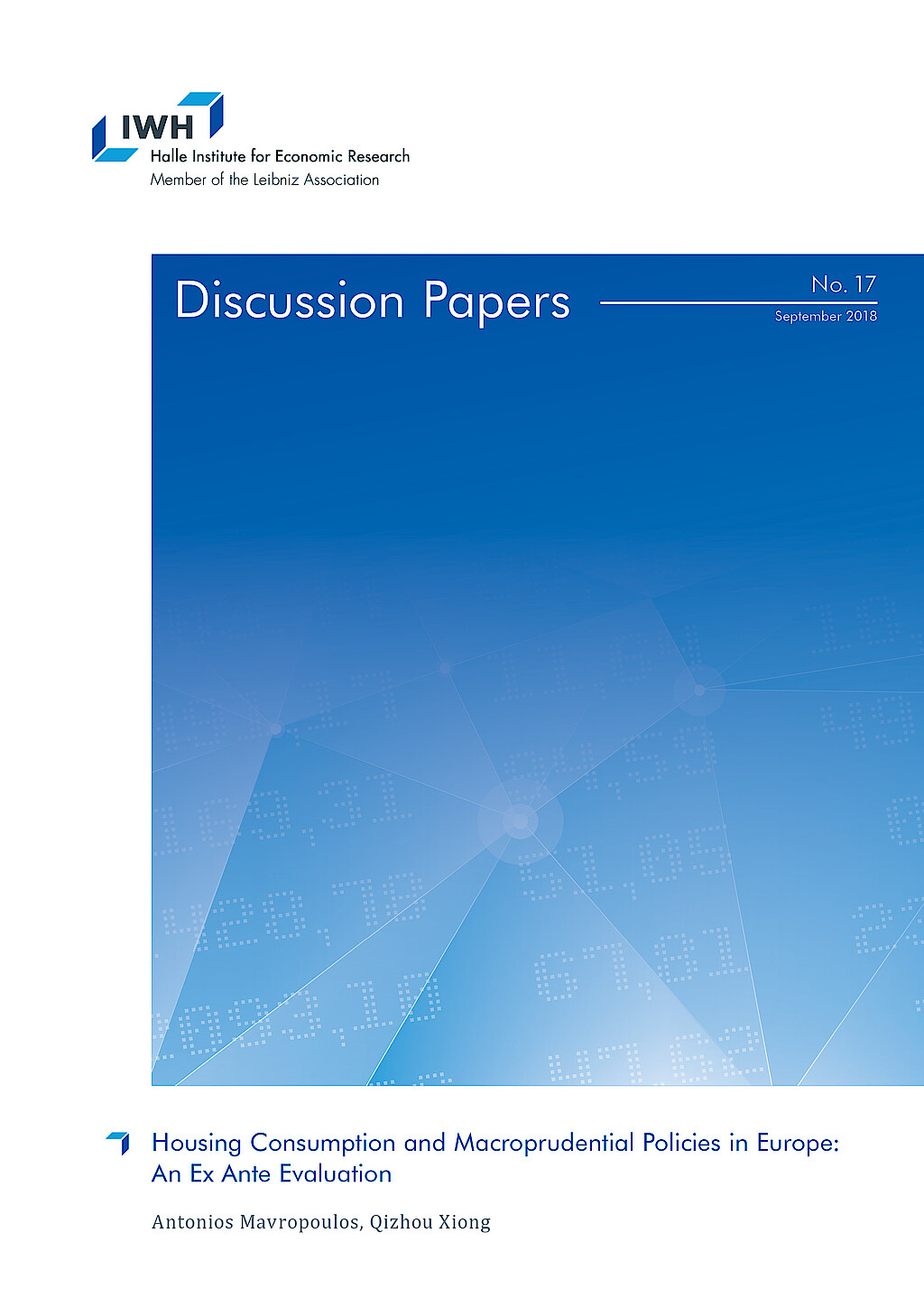Risk Shifting in Financial Markets and Sustainable Finance
The contemporary literature on financial intermediation suggests that banks play an important role in the transition towards a sustainable economy. The research group ‘Risk Shifting in Financial Markets and Sustainable Finance’ contributes to this debate by studying lenders' risk shifting incentives, their choices in supporting sustainable business, and how sustainable finance and legal innovations affect firms and households.
First, we analyze how banks respond to climate transition risks. Specifically, we investigate whether banks manage these risks by offloading loans to environmentally harmful firms or by incorporating sustainability pricing provisions into loan contracts. Our ongoing research delves into the role of banking supervision in facilitating the transition to net-zero, specifically by assessing the impact of climate stress tests on banks' lending practices. We also examine how depositors, firms, and financial institutions manage various forms of biodiversity risk.
Second, we illustrate the choice between risk pricing and risk shifting through securitisation by financial institutions. From a household finance perspective, we discuss how mortgage foreclosure laws and mortgage pricing policies should be designed to mitigate moral hazard of lenders and borrowers. We also highlight the effect of zombie mortgage laws on banks and non-bank lenders, and the implications arising for housing markets.
Another line of research aims to establish evidence of how financial regulation contributes to securitisation booms, which are considered to be at the root of the recent boom and bust cycles in housing markets. Specifically, we shed light on how banking deregulation and financial development increase the probability of a bank operating an originate-to-distribute model in the lead up to the financial crisis that started in 2007.
Finally, the research group investigates the role of financial institutions in supporting firms to mitigate risk from supply chain disruptions triggered by the Covid-19 pandemic.
Workpackage 1: Do financial institutions provide sustainable finance?
Workpackage 2: How do banks choose between risk pricing and risk shifting?
Workpackage 3: The Impact of Banking Supervision and Regulation on Financial Intermediaries
Research Cluster
Financial Resilience and RegulationYour contact

- Department Financial Markets
Refereed Publications

External Social Networks and Earnings Management
in: British Accounting Review, No. 2, 2022
Abstract
Using a sample of U.S. listed firms for the 2000–2017 period, we examine how external social networks of top executives and directors affect earnings management in their firms. We find that well-connected firms are more aggressive in managing earnings through both accruals and real activities and that the results are robust after controlling for internal executive social ties. Using a difference-in-differences approach, we find that earnings management decreases after a socially connected executive or director dies. Additional analysis shows that connections forged by past professional working experiences have a greater impact on earnings management than connections forged by education and other social activities. Moreover, CFO social networks have a greater influence on earnings management than CEO social networks. Finally, we explore the underlying mechanisms, finding that 1) firms that are socially connected to each other show more similarities in their earnings management than firms that do not share a connection, and 2) more connected firms are less likely to incur accounting restatements. Collectively, our findings indicate that the external social networks of top executives and directors are important determinants of both their accrual- and real activity-based earnings management.

Military Directors, Governance and Firm Behavior
in: Advances in Accounting, December 2021
Abstract
We build a large dataset of board of directors with military experience and document a substantial and persistent presence of independent military directors serving on corporate boards. We find that firms with independent military directors are associated with better monitoring outcomes, including less excessive CEO compensation, greater forced CEO turnover–performance sensitivity, and less earnings management.

Local Product Market Competition and Bank Loans
in: Journal of Corporate Finance, 2021
Abstract
We investigate the influences of local product market competition on the cost of private debt. Our evidence suggests that the cost of bank loans is significantly higher for firms headquartered in states with greater local product market competition measured by the Herfindahl-Hirschman Index for resident industries. To establish causality, we examine the recognition of the Inevitable Disclosure Doctrine and firm relocations to identify exogenous shocks to local product market competition. We find that the cost of bank loans is lower for firms facing less intense local product market competition after the adoption of IDD and higher for firms relocated to states with more competitive product markets. The results imply that banks value the characteristics of a firm's local product market when approving loan contracts.

Global Equity Offerings and Access to Domestic Loan Market: U.S. Evidence
in: International Review of Financial Analysis, March 2021
Abstract
This study examines whether and to what extend global equity offerings at the IPO stage may affect issuing firms' ability to borrow in the domestic debt market. Tracking bank loans taken by U.S. IPO firms in the domestic syndicated loan market, we observe that global equity offering firms experience more favorable loan price than that offered to their domestic counterparts. This finding holds for a set of robustness tests of endogeneity issues. We also find that, compared with their domestic counterparts, global equity offering firms are less likely to have financial distress, engage more in international diversification, and are more likely to wait a longer time to apply for syndicated loans.

Income Inequality and Minority Labor Market Dynamics: Medium Term Effects from the Great Recession
in: Economics Letters, February 2021
Abstract
Using a difference-in-differences framework we evaluate the effect that exposure to a bank failure in the Great Recession period had on income inequality. We find that it led to a 1% higher Gini, relative rise of 38 cents for high earners, and 7% decline for lowest earners in treated MSAs. Moreover, we show that blacks saw a decline of 10.2%, Hispanics 9.8%, and whites 5.1% in income. Low income blacks and Hispanics drove much of the effect on inequality.
Working Papers

Labor Market Polarization and Student Debt
in: SSRN Working Paper, 2024
Abstract
This paper uses a new empirical design to explore how labor market polarization affects individuals’ incentive to pursue education funded on the margin by student debt. We argue that the labor market polarization–where automation replaces mid-skill and mid-education-level job–changes the marginal benefits of education and training and sharpens incentives to incur student debt. We advance a new measure of labor market polarizations that allows to capture the heterogeneity of this phenomena across geographies and time. Using this measure, we find that U.S. CBSAs that experience deeper labor market polarization see an increase in student debt balances and in the number of people pursuing student debt. On average, the decline in middle-skill jobs and wages has little effect on individuals’ ability to pay down existing student debt. The effects are most pronounced in ZIP codes with lower average credit scores, lower incomes, and higher share of the minority population.

Climate Stress Tests, Bank Lending, and the Transition to the Carbon-Neutral Economy
in: SSRN Working Papers, No. 4427729, 2023
Abstract
Does banking supervision affect borrowers’ transition to the carbon-neutral economy? We use a unique identification strategy that combines the French bank climate pilot exercise with borrowers’ carbon emissions to present two novel findings. First, climate stress tests actively facilitate borrowers’ transition to a low-carbon economy through a lending channel. Stress-tested banks increase loan volumes but simultaneously charge higher interest rates for brown borrowers. Second, additional lending is associated with some improvements in environmental performance. While borrowers commit more to reduce carbon emissions and are more likely to evaluate environmental effects of their projects, they neither reduce direct carbon emissions, nor terminate relationships with environmentally unfriendly suppliers. Our findings establish a causal link between bank climate stress tests and borrowers’ reductions in transition risk.

To Rent or not to Rent: A Household Finance Perspective on Berlin's Short-term Rental Regulation
in: IWH Discussion Papers, No. 1, 2021
Abstract
With the increasing concerns that accompany the rising trends of house sharing economies, regulators impose new laws to counteract housing supply scarcity. In this paper, I investigate whether the ban on short-term entire house listings activated in Berlin in May 2016 had any adverse effects from a household finance perspective. More specifically, I derive short-term rental income and counter-factually compare it with long-term rental income to find that the ban, by decreasing the supply of short-term housing, accelerated short-term rental income but did not have any direct effect on long-term rental income. Commercial home-owners therefore would find renting on the short-term market to be financially advantageous.

Housing Consumption and Macroprudential Policies in Europe: An Ex Ante Evaluation
in: IWH Discussion Papers, No. 17, 2018
Abstract
In this paper, we use the panel of the first two waves of the Household Finance and Consumption Survey by the European Central Bank to study housing demand of European households and evaluate potential housing market regulations in the post-crisis era. We provide a comprehensive account of the housing decisions of European households between 2010 and 2014, and structurally estimate the housing preference of a simple life-cycle housing choice model. We then evaluate the effect of a tighter LTV/LTI regulation via counter-factual simulations. We find that those regulations limit homeownership and wealth accumulation, reduces housing consumption but may be welfare improving for the young households.





